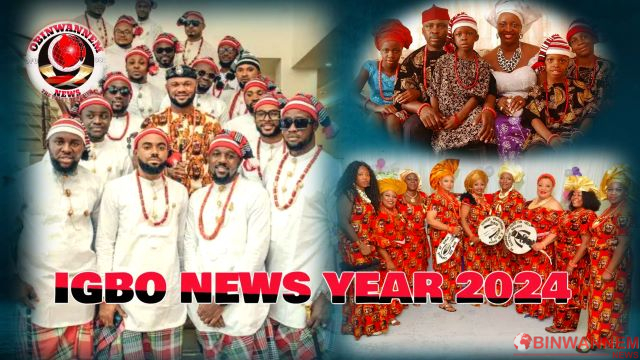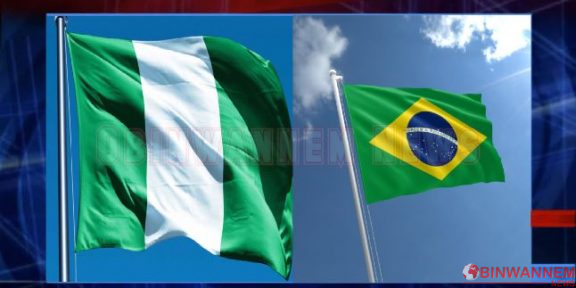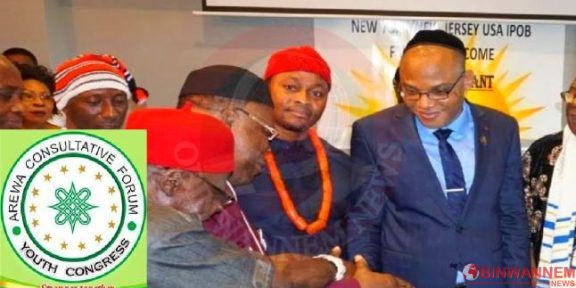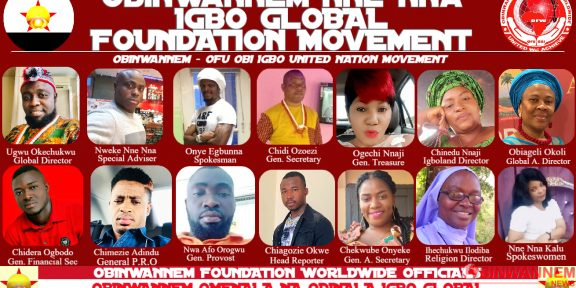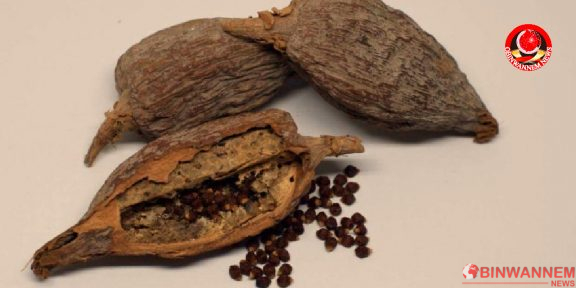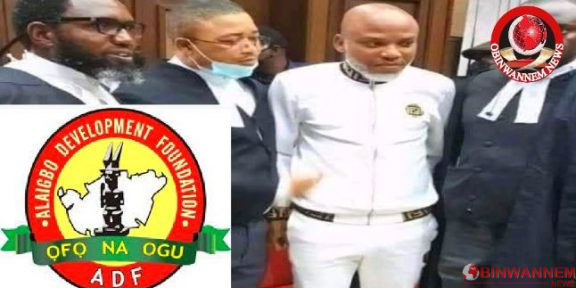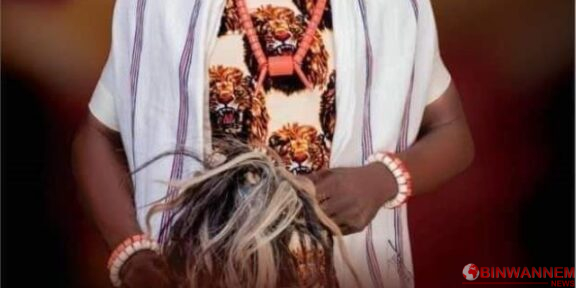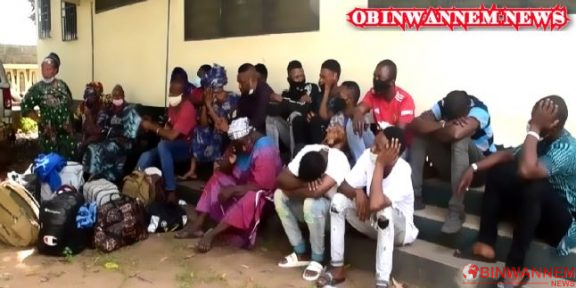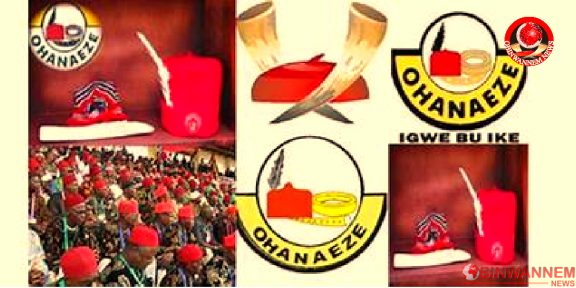The Igbo New Year falls within the first month, which begins in the third week of February.
On February 18, a Nkwọ day falling in the third week of February, the annual year-counting ceremony known as Igu Aro was originally scheduled to kick off the Nri-Igbo calendar year 2012, corresponding to the Gregorian year.
The lunar year was recognised as the 1013th recorded year of the Nri calendar during the Igu Aro ceremony in March.
The Igbo calendar is the traditional calendar system of the Igbo people of modern-day Nigeria. The calendar has 13 months in a year (Afo), 7 weeks in a month (Onwa), and four days of Igbo market days (Afor, Nkwo, Eke, and Orie) in a week (Izu), plus an extra day at the end of the year in the last month. Onwuejeogwu (1981) reported the months’ names.
Igbos celebrate Eke, Orie, Afor, and Nkwo as their four market days. The Igbo calendar’s market days sequentially follow one another, as illustrated below:
-
Eke
-
Orie
-
Afor
-
Nkwo


